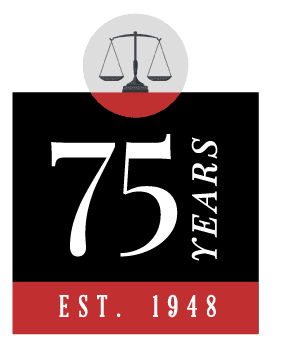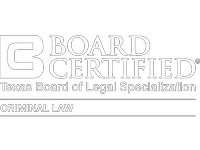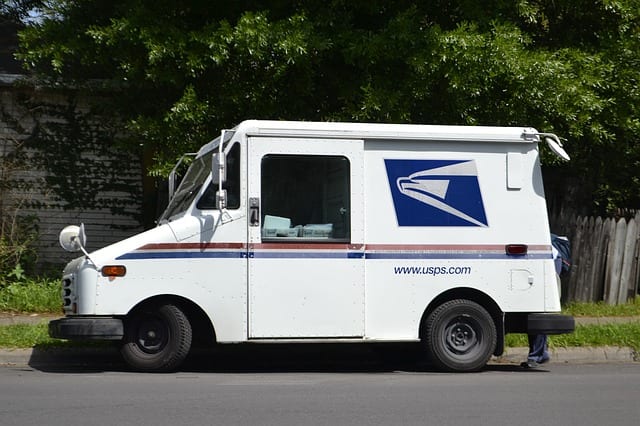Growth of Online Drug Commerce
According to a recent Global Drug Survey report, the number of people ordering drugs online is on the rise. And it’s becoming easier than ever thanks to the growing popularity of the dark web: an underground market that can only be accessed with special IP masking browsers. Many of the drug transactions are facilitated by Bitcoin–the most popular cryptocurrency.
The survey asked respondents to compare the ease of ordering drug deliveries to ordering pizza. Of 15,000 cocaine users, 30% said they could get cocaine delivered in less than 30 minutes. For pizza, it was only 16%. The report doesn’t just look bad for Pizza Hut, it demonstrates a growing trend and ease of getting drugs on demand. Frequently purchased drugs on the internet include alcohol, tobacco, cannabis, MDMA, cocaine, amphetamine, mushrooms, and LSD. Nearly one fifth of respondents in the Global Drug Survey answered they had used LSD at least once.
Across the globe, Finland had the highest number of citizens utilizing the dark web to buy drugs at 45%, compared to 18% in the U.S. With a 1,200-mile border with Mexico, Texas’s large cities: Houston, Dallas, Fort Worth and Austin are destinations for illegal drug shipments. From these distribution hubs, drugs are transported throughout the U.S. or sold online.
Yet, surprisingly, the dark web isn’t the only way people are buying drugs on the internet. In less time than it takes to order a pizza, a user can track down a supplier and order narcotics thanks to popular social media platforms: Instagram, Twitter and Facebook.
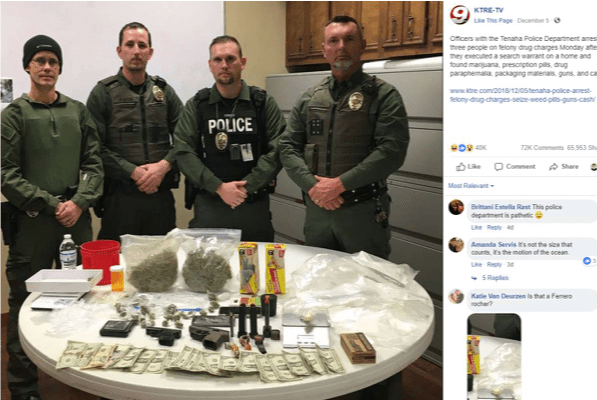
Enforcing Internet Drug Laws
In the eyes of law enforcement, cracking down on internet drug sales can be complicated. Is it in their jurisdiction if it crosses state lines or countries? Is pursuing first-time offenders on Instagram and Facebook worth the time and financial resources? Some police departments (like this one in Texas) risk ridicule after posting pictures of small scale busts.
The recent boom in drug sales via social media and the dark web has given anyone, especially teens, access to a world of drug abuse. It’s also a world in which the buyer vs. seller is more often caught by law enforcement and faces legal consequences.
Selling Drugs Online Leads to Drug Trafficking
90% of online dealers deliver their wares via the U.S. Postal Service. With fake return addresses, large shipments by weight and anonymous drop-off locations, incriminating evidence rarely comes back to the dealer. However, when drug dealers do get caught, it’s a drug trafficking charge with severe consequences. Texas law treats selling drugs online and in person equally. The penalties for trafficking range depending on the type of drug and amount.
Although several states have decriminalized marijuana, it is illegal to ship or mail marijuana from legal states to Texas. For marijuana, the penalties are below for drug trafficking in Texas:
- Between 4 oz and 5 lbs.: Two years in prison and a fine up to $10,000
- Between 5 and 50 lbs.: Two to 10 years in prison and $10,000 in fines
- Between 50 and 2,000 lbs.: Two to 20 years in prison and fines reaching $10,000
- 2,000+ lbs.: Five to 99 years or life in prison, along with a fine reaching $50,000
Selling Drugs Online Can Become a Federal Crime
Federal drug offenses are more expensive and difficult to defend. The sentences are also more severe with mandatory minimums depending on several factors.
The USPS is a federal entity, using the service illegally can become a federal case. Federal charges tend to happen if large quantities of drugs are shipped, multiple shipments are made or the drugs travel across multiple states and countries.
Purchasing Drugs Online Leads to Drug Possession
When Postal Service inspectors locate a suspicious package, it sometimes alerts local law enforcement before delivering the package. Police quickly move in and arrest on a drug possession charge.
Texas has some of the harshest penalties for drug possession. Possession of various illicit and controlled drugs may violate the Texas Controlled Substances Act. In order to secure a conviction for drug possession, a prosecutor must prove beyond a reasonable doubt that the defendant knowingly and intentionally possessed or had control over a controlled drug which he or she does not have a valid prescription or order for from a doctor for medical purposes.
Classification of Drugs Under Texas Law
Under Texas law, there are four classes of drugs, each with their own definitions and each with their own set of penalties. Notably, marijuana is classified on its own, independent of these four classes of drugs.
Narcotics: opium, morphine, codeine, hydrocodone (commonly known as Vicodin, Lorcet, Lortab), oxycodone (commonly known as Percodan, Percocet), fentanyl and carfentanil, among others.
Depressants: opiates (heroin), opioids (painkillers), barbiturates, benzodiazepines (commonly known as Alprazolam/Xanax, Lorazepam/Ativan, Diazepam/Valium and Temazepam/Restoril), chloral hydrate (commonly known as Somnote), a range of inhalants, and alcohol.
Stimulants: cocaine, amphetamines (speed), and some inhalants, among others.
Hallucinogens: LSD (acid), PCP, marijuana (cannabis), mushrooms (psilocybin), ketamine and peyote or mescaline, among others.
At a minimum, drug possession in Texas is either a “Class B” or “Class A” misdemeanor, which carries a penalty of up to one year in jail and a fine of up to $4,000, depending on the type of drug. With larger amounts of certain substances, the charge may be categorized as a felony for “drug possession with intent to distribute” and can range from a third-degree felony all the way up to a first degree felony. The highest penalty given in Texas for drug possession is life or 99 years in prison and/or a fine of up to $250,000.
In Texas the severity of a drug charge can vary due to contributing factors in each case. For these reasons, it is advisable that anyone facing drug charges in Texas seek legal representation. At Chappell, Lanehart & Stangl, we will explore a few areas that can lead to a reduced sentence, diversionary program or reversal of charges including:
- Lack of knowledge that the defendant was in possession of the controlled substance.
- The drug was not intended for human consumption.
- The drug was a substance for which there is an approved new drug application under the Federal Food, Drug, and Cosmetic Act; or
- The drug has been approved for investigational use under the Federal Food, Drug, and Cosmetic Act and the defendant’s conduct was in accord with that exemption.
- The drug is medical marijuana.
- The drug is a prescribed medication from a medical doctor.
- Insufficient quantity
